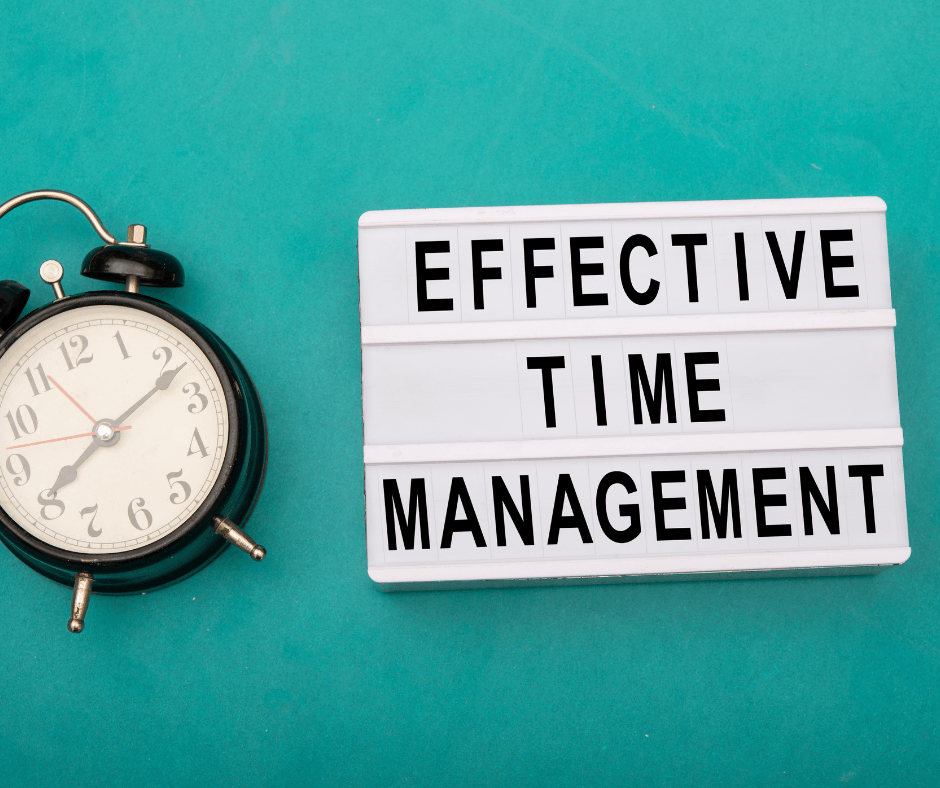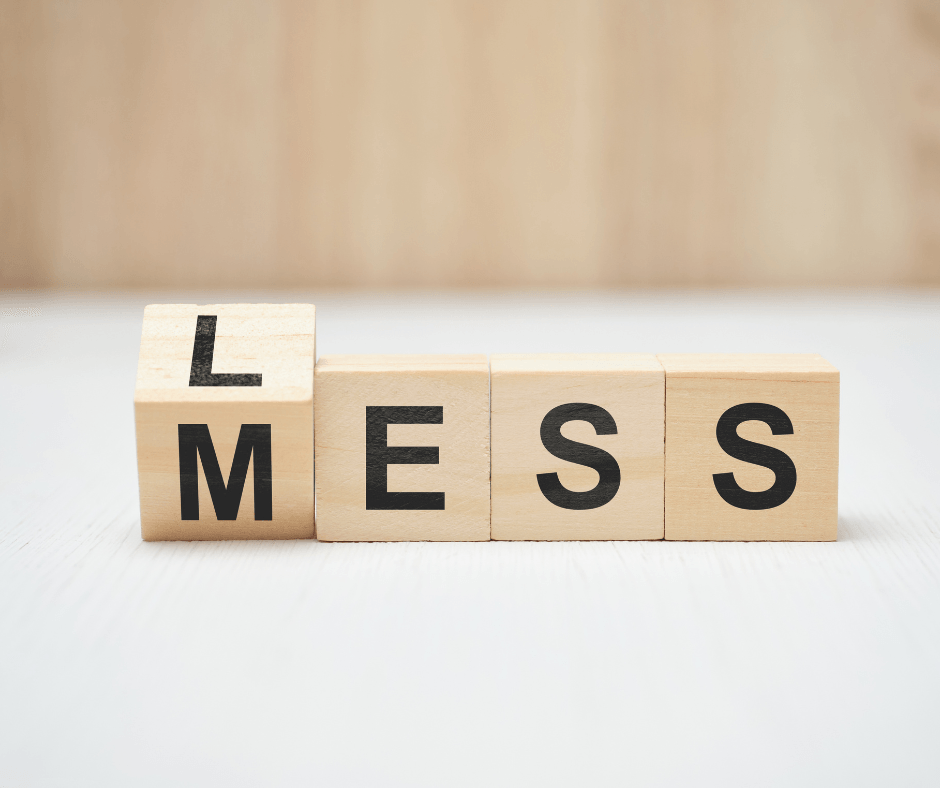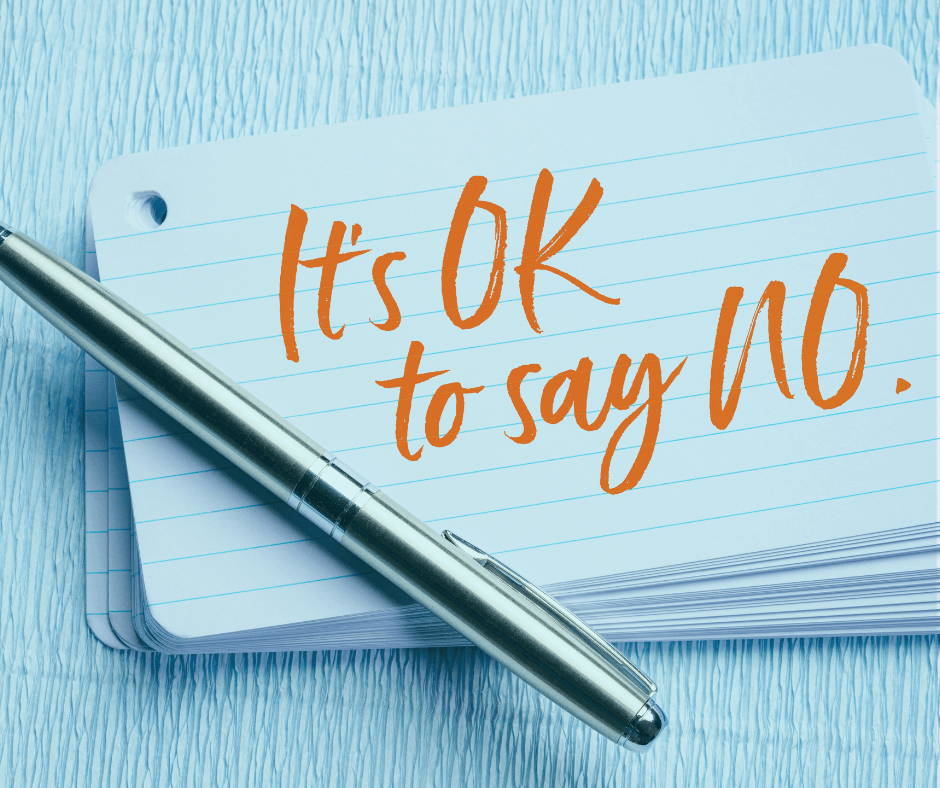Work Well: How Small Shifts in Time Can Transform Your Day

"In a minute. Just give me time."
Time can feel both like a gift and a burden. Remember—time is on your side if you use it well, but it works against you if you bite off more than you can chew.
I’ve learned this lesson the hard way. Like many of us, I’ve had seasons where my to-do list felt longer than the hours in a day. Demands on my time left me feeling overwhelmed and sometimes paralyzed. My personality naturally leans toward details—I want to do a job well. But the flip side is that I can get bogged down, overthink, and lose track of time.
A task that should take minutes can sometimes stretch into hours.
Decision-making has been one of my biggest challenges. Prioritizing can feel impossible when I want to get everything done. And when I bite off more than I can chew, burnout is never far behind. Sometimes, instead of moving forward, I freeze—worried I won’t do something well enough. Perfectionism has slowed me down more times than I can count. I’ve rewritten blogs, fussed over small details, and let social media posts sit unfinished because they weren’t “perfect.” What I’m learning is that progress matters more than perfection—every small step forward counts.
Punctuality has been another hurdle. I could think I was ready to leave the house, only to be delayed by small things—forgetting to feed the dog, searching for keys, or realizing the car needed gas. Mornings, in particular, have tested me since I naturally move slowly. I’ve had to find ways to prepare ahead—laying out clothes the night before, keeping breakfast simple, and building in margin.
These experiences have taught me something important: efficiency doesn’t happen by accident. I’ve had to develop habits, lean on practical tools, and practice skills that make space for the things that matter most. Even the smallest changes can create breathing room in a crowded schedule.
That’s what this month’s theme—Work Well—is all about. Over the next sections, I’ll share some of the habits, tools, and skills that have helped me stop running on empty and start making time for what matters most.
1. Time-Saving Habits: Small Shifts that Create More Space
Sometimes the best way to save time isn’t through big changes, but through small habits that stack up to make life smoother. Over time, these little shifts have helped me cut down on stress, stay organized, and free up energy for the things that matter most.
The Power of Two-Minute Pickups
It’s amazing what two minutes can do. Whether it’s tidying a counter, folding a blanket, or putting shoes away, a quick “pickup” prevents clutter from taking over. A few two-minute pickups throughout the day can save hours later.

Clean Up the Clutter
Clutter doesn’t just take up space—it drains mental energy. I’ve noticed that when my environment is messy, focus suffers. Taking a little time each day to clear surfaces, organize papers, or return items to their place creates a calmer mindset.
Plan Tomorrow Tonight
One of the biggest shifts for me has been preparing the night before. If I don’t, mornings feel rushed. But if my clothes are laid out, breakfast is decided, and my to-do list is sketched, I wake up with clarity instead of chaos. It’s like giving tomorrow’s version of myself a head start.
Change a Habit, Change Your Life
Much of our time is wasted on autopilot. I’ve learned that replacing one unhelpful habit with a better one—like putting out what I need for the next day instead of scrolling my phone at night—saves both time and energy.
Punch Up Your Punctuality
This one has stretched me. I used to think I was ready to go, only to be delayed by small details. Building in a “buffer zone” of extra time and preparing more thoroughly the night before hasn’t made me perfect, but it has made mornings and departures far less stressful.
Wrap-Up Thought: Small habits add up. Two-minute pickups, evening prep, and a little extra margin can transform your day from chaotic to calm.
2. Time-Saving Tools: Practical Supports to Keep You on Track
Habits create a foundation, but tools give structure. The right tools don’t have to be complicated—they work best when they’re simple.
Control Your Calendar
A calendar is more than a place to jot down appointments—it’s a way to capture your time before it slips away. I block not only meetings but also margin for rest, preparation, and even driving. Treating my calendar as a guide rather than a record keeps it working for me instead of against me.
Fine-Tune Your To-Do List
I used to write endless lists, but everything felt equally urgent. Learning to highlight priorities, break tasks into smaller steps, and limit daily expectations has been a game changer. A focused, shorter list gets me farther than an overwhelming one.
Use a Planner System
Planners give me order and clarity. A good planner tracks tasks, aligns goals, and keeps my week flowing smoothly. Using mine has been essential for staying organized and reducing overwhelm. (Inside my membership this month, I’ll show how I use it to simplify work and life.)
Practice the Power of Prioritizing
Not everything is urgent or important. Pausing to ask, “What really matters today?” and letting go of smaller items has saved me from wasting energy on things that don’t move me forward.
Support Tools and Routines
Digital reminders, timers, and routines reduce decision fatigue. Simple timers prevent me from spending too long on one task, while morning and evening routines give structure and momentum.
Wrap-Up Thought: Tools simplify life and provide a framework for focusing on what truly matters.
3. Time-Saving Skills: Protecting Time for What Matters Most
Habits and tools give structure, but skills—how we respond and make decisions—ultimately protect our time.
Take Time for Relationships
Slowing down to connect with others actually saves time. Strong relationships reduce stress, offer support, and give perspective. Taking a few minutes for a coffee or meaningful conversation is never wasted.
Find Your Weekly Rhythm
Some weeks flow better than others. Setting a rhythm—balancing work, rest, and personal commitments—keeps me grounded. Finding your rhythm helps you work with your natural energy instead of against it.
Overcome Overwhelm
Overwhelm can freeze me fast. Breaking things into the next small step instead of staring at the whole mountain allows progress. Productivity comes one step at a time, not all at once.

Learn to Say No and Delegate
Saying yes to everything often means saying no to what matters most. Setting boundaries or delegating tasks is a powerful way to reclaim time and energy.
Take Daily Downtime
Rest isn’t a luxury—it’s essential. Even five minutes outside, breathing, or sitting quietly can reset focus. Daily downtime makes me more productive, not less.
Wrap-Up Thought: Practicing these skills creates margin, letting you use your time intentionally on people, priorities, and purpose.
4. Do Less to Accomplish More
Working well isn’t about doing more—it’s about creating space for what matters. Small habits, practical tools, and life-giving skills let you do less while accomplishing more.
Here are a few strategies that have helped me:
Pick one new habit this week. A two-minute pickup or preparing clothes the night before.
Use your planner to create margin. Block time not just for work, but for preparation and rest.
Build in daily downtime. A few minutes to reset can improve energy and focus.
Working well isn’t perfection—it’s progress. Each small step counts.
As we explore Work Well this month, reflect: Which area—habits, tools, or skills—do you need most right now? Pick one small shift this week and notice the difference.
When we use our time well, we don’t just get more done—we live with more peace, energy, and purpose.
"Want to make these small shifts a part of your day?
Subscribe to my newsletter and get instant access to my 5-Minute Workday Reset—a quick guide to reclaiming focus, creating calm, and working well every day.
Plus, get practical wellness tips delivered straight to your inbox each week!"

Latest Blog Posts

Well Now Fitness
I’m Susan, the heart behind Well Now Fitness—a wellness community developed for women like you (and me)—women who are navigating the shifting seasons of life, and who are ready to embrace health not just as a habit, but as a way of life.
With 30 years of experience as an educator, a black belt former martial arts instructor, and a certified group fitness and personal trainer, I bring a unique blend of knowledge, coaching, and compassion to every class and conversation. Holistic wellness in my programs is not just a tagline or an add-on; it’s woven into every detail.

A steady, strength-centered way of life for women 40+.
CONTACT
Susan Tetford
© 2025 Well Now Fitness LLC, All rights reserved.




